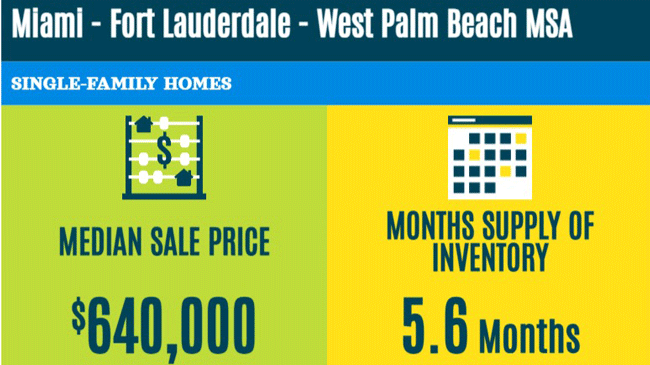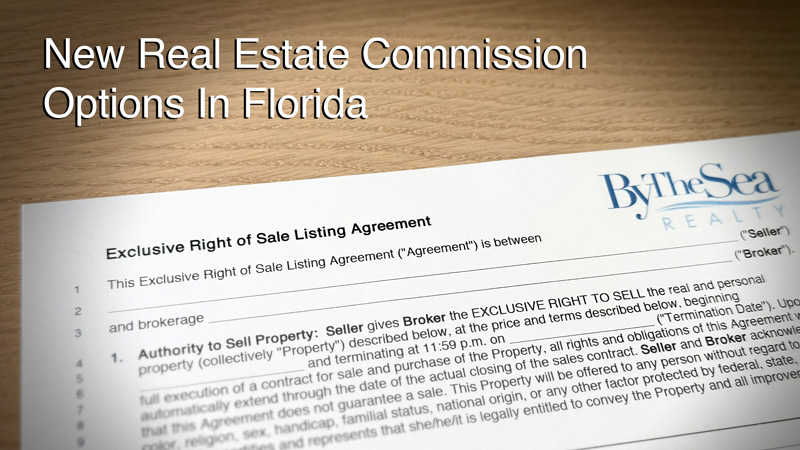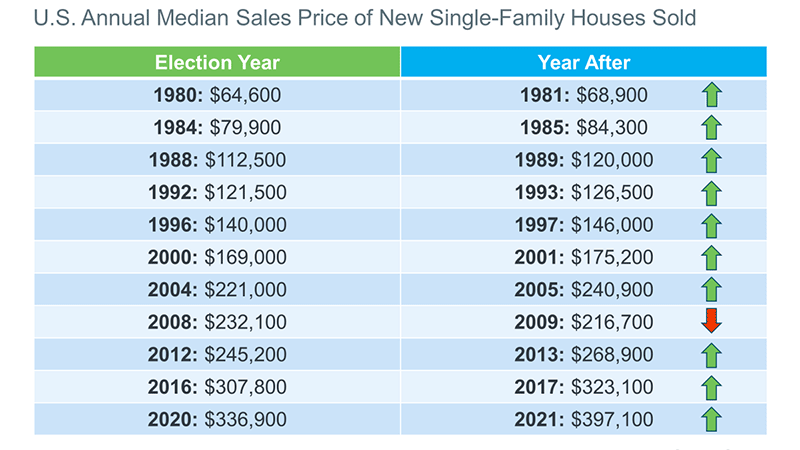Florida Foreclosure
Foreclosure Timeline and Process
- Foreclosure procedures in Florida are all Judicial Foreclosures controlled by the courts. The lender must sue the borrower and obtain an order to foreclose.
- Depending on the court schedule and load, it normally takes from 180 to 200 days to complete the foreclosure process in Florida. If contested by the borrower or if the borrower files for bankruptcy, this process may be delayed further.
- The Florida foreclosure process begins with a “Notice of Default” when the lender notifies you that you are in default of your mortgage. This is notice that you have fallen behind enough that the lender is beginning foreclosure proceedings. This typically happens after the borrower is more than 3 payments behind.
- The lender will then file a Lis Pendens, or “suit pending”. This is a lawsuit against you for defaulting on your mortgage, demanding that you pay your mortgage in full. The Clerk of Court will record the Lis Pendens and you will be served.
- You will then have 20 days to file an answer with the court in regards to the foreclosure. By filing an answer, you will get an opportunity to present your side at a hearing overseen by a judge. Answering the complaint may also delay the time period for the foreclosure, but that is not guaranteed.
- At the end of the answer period the lender’s attorney will file a motion with the court to declare summary judgment. There is an additional 20 day answer period before the hearing can be held.
- If you are unable to successfully contest the foreclosure, or work out a loan modification or short sale, the judge will set a foreclosure sale date which is typically within 30 to 45 days following your hearing. This is when the property will be sold at auction to the highest bidder. This sale may be postponed at the request of the lender or the lender’s attorney.
- After the sale, there is a 10 day waiting period (or longer if specified in the judgment) before the Clerk issues a Certificate of Title to the new owner. Before this certificate is filed the mortgagor or the holder of any junior lien may cure the mortgagor’s indebtedness and prevent the foreclosure sale. This is known as the Right of Redemption.
- If necessary, the Sheriff may evict the previous owner and remove their possessions.
- The lender may sue the borrower for a deficiency judgment if the sale price does not cover the balance due on the loan plus costs.
Options to Avoid Foreclosure
Short Sale – A short sale is a sale of real estate in which the proceeds from the sale fall short of the balance owed on a loan secured by the property sold. In a short sale, the bank or mortgage lender agrees to discount a loan balance due to an economic or financial hardship on the part of the mortgagor.
Short Sale FAQ – Frequently Asked Questions about Short Sales
Loan Modification is designed to make your home loan more affordable, typically by reducing the interest rate, extending the term of the loan and, less often, by reducing the principal. A loan modification is not a refinanced mortgage, which pays off the old mortgage with a new mortgage.







